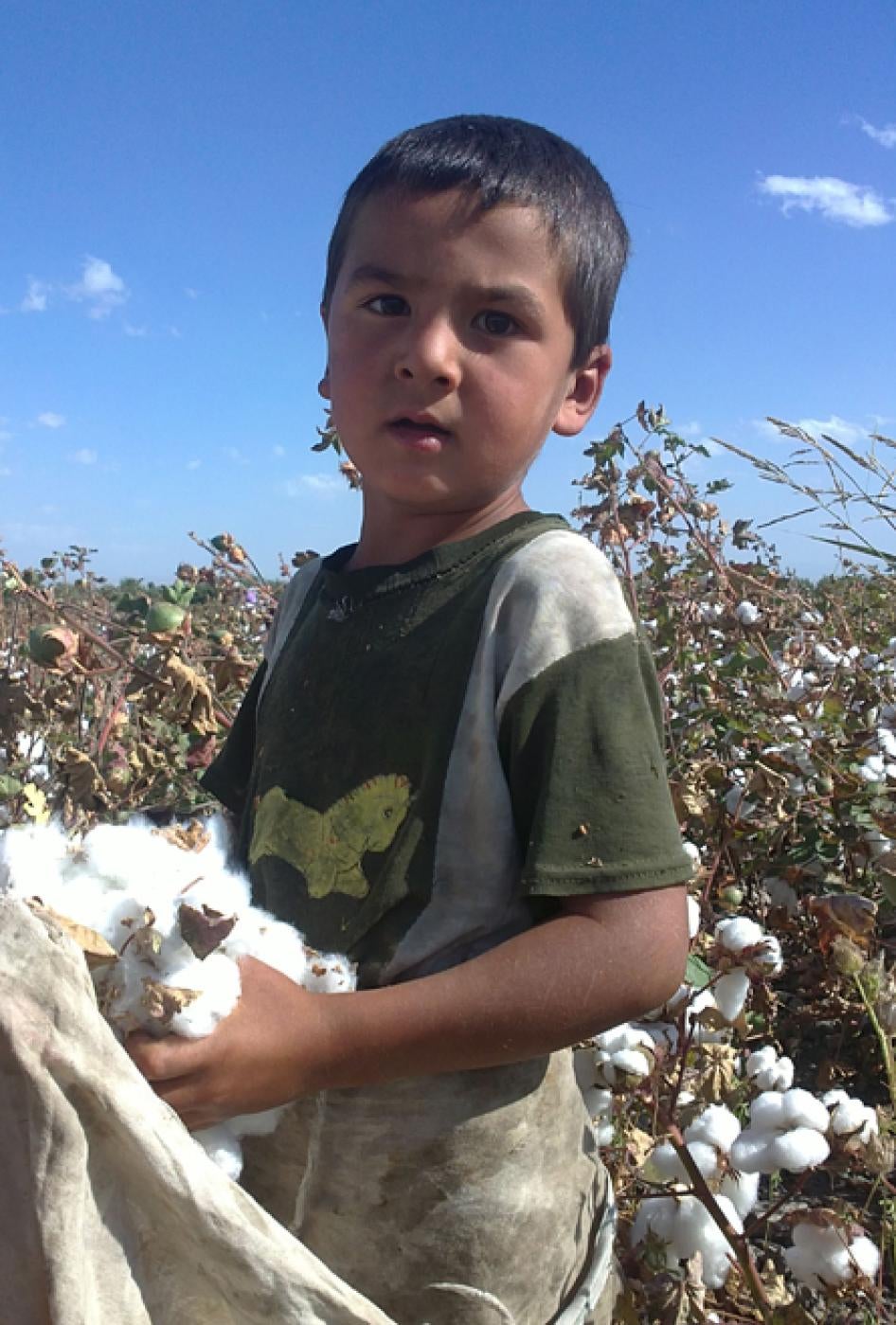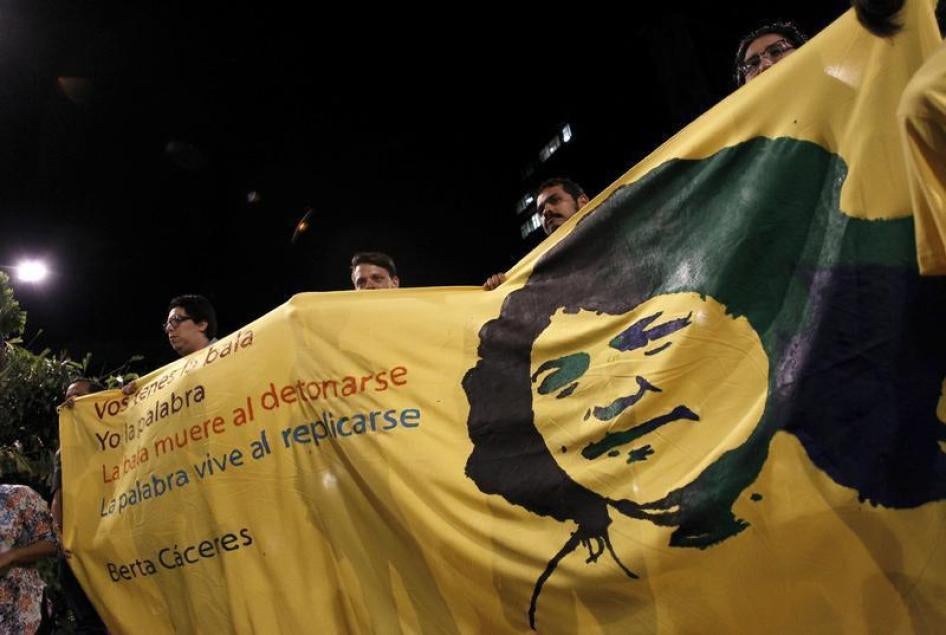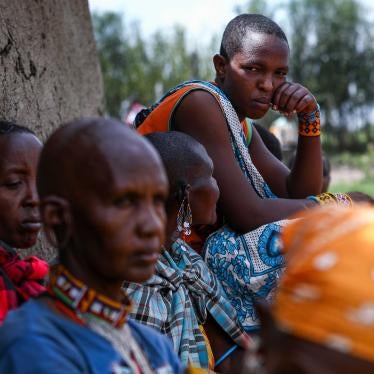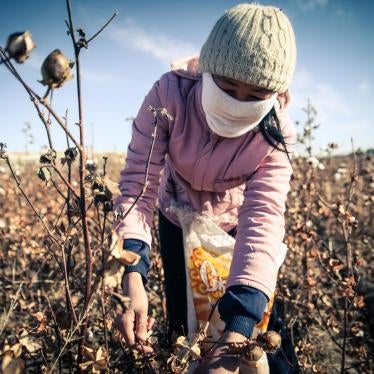(Washington) – Development banks should respect human rights in their investments around the world and ensure their activities are not putting human rights defenders at risk, the Coalition on Human Rights in Development said today in a joint petition signed by 154 development, human rights, and environment groups.
Major development banks have long touted the importance of public participation for effective development, the organizations said. But a growing number of governments have been shrinking the space for safe and effective participation in development processes through criminalizing activities by land, environment, and human rights activists and adopting restrictions on nongovernmental groups.
“I hope that civil society will have the opportunity to contribute towards sustainable development,” said “Abhijeet,” an Indigenous community member in Nepal who does not want his identity disclosed for security reasons. “Unfortunately, the fundamental human rights of many peoples are being systemically violated as a result of development projects. And when we help communities defend their rights we are met with threats and violent attacks.”
The petition is directed to international financial institutions (IFIs), including the World Bank, African, Asian, European, and Inter-American Development Bank, as well as the newest institutions, the Asian Infrastructure Investment Bank, and BRICS New Development Bank.
In March 2016, Berta Cáceres, a renowned indigenous land rights and environmental defender in Honduras, was killed in the middle of the night as she slept in her bed. Two of those facing charges for Cáceres’s murder were employees of a company involved in the construction of the Agua Zarca dam, a project that Cáceres and her organization, Civic Council of Popular and Indigenous Organizations of Honduras (COPINH), have long opposed and campaigned against. The murder sparked a high-profile movement to demand accountability of the Dutch, Finnish, and Central American banks financing Agua Zarca for failure to ensure their investments weren’t fueling human rights abuses.
But as recent reports have documented, the Cáceres case is not unique.
“In Uzbekistan, the World Bank is pouring money into projects that benefit the government’s abusive cotton sector, marred primarily by systemic forced labor,” said Dmitry Tikhonov, an Uzbek human rights defender who is in exile following government reprisals. “The World Bank has not taken any meaningful measures to ensure that independent human rights defenders like me can monitor for abuses linked to the projects they fund. Nor have Bank staff spoken out against the government’s attacks on my colleagues and me.”
Human Rights Watch has recently documented numerous abuses against individuals and communities impacted by projects financed by the World Bank and its arm for corporate loans, the International Finance Corporation.
“Those who try to engage in development processes have suffered threats, harassment, physical assault, or worse,” said Jessica Evans, senior international financial institutions advocate at Human Rights Watch. “Development banks have a responsibility to ensure that their investments don’t interfere with human rights, and that people can participate in or express their opinions about development projects without fearing for their safety.”
The joint petition – International Financial Institutions’ responsibility to ensure Meaningful and Effective Participation in their Investments – details ways in which the institutions should “ensure that the activities they finance respect human rights and that there are spaces for people to participate in the development of IFI projects and hold IFIs to account without risking their security.” The organizations call on the financial institutions “to actively support the realization of rights to freedom of expression, assembly, and association, and related human rights, including economic, social and cultural rights in all their activities.”
“Development banks and their member states can’t hope to achieve sustainable development or eliminate poverty if their investments are contributing to human rights violations or if those who are meant to benefit from development find themselves subjected to abuse,” said Adam Shapiro, head of communications and visibility for Front Line Defenders. “The banks should take responsibility for the outcomes of their investments and take meaningful action to safeguard human rights defenders on the ground.”
The Coalition for Human Rights in Development is a global coalition of social movements, civil society organizations, and community groups working to ensure that all development finance institutions respect, protect, and fulfill human rights.









